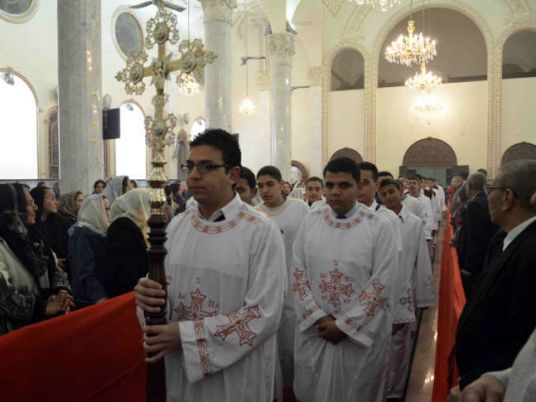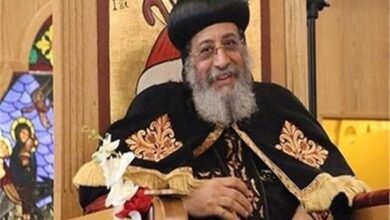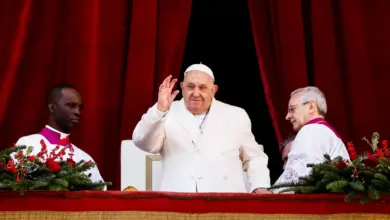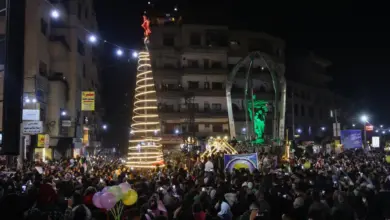
The reason Christians in the West celebrate Christmas on 25 December while Egypt’s Coptic Christians celebrate on 7 January is due to changes in the Gregorian Calendar in light of astronomical discoveries concerning the length of the year.
Egypt did not start to celebrate Christmas on 7 January until under the British occupation. Before that, it used to celebrate it on 25 December as in the West.
Here is a list of historical facts regarding the celebration of Christmas:
1) The celebration date is actually symbolic because no one knows for sure the birth date of Jesus Christ. The four texts of the Bible provide some information on the circumstances in which Jesus was born, but do not mention a specific date of birth.
2) The first who celebrated Christmas were the Magi, a group of wise men that predicted events by reading the stars, as per the Gospel of Matthew. It is not known exactly how many they were, but it is assumed that they were three because of the three gifts they gave of gold, frankincense and myrrh.
Most recent studies suggest that they came from what is now Jordan or Saudi Arabia, while ancient traditions indicate that they came from what is now Iraq or Iran and followed a star to Jerusalem to witness the birth of Jesus.
3) According to the Bible, the Magi did not arrive on the day Jesus was born, but when Jesus was two years old.
4) Celebrating the birth of Jesus began in the fourth century AD in response to pagan holidays that had spread at the time, such as the Winter Solstice Festival that was celebrated in Rome on 25 December. And so the church chose that date, which corresponded to 29 Koiak in the Coptic Calendar, to celebrate Christmas.
5) The Nicaea Council agreed in 325 AD to celebrate the birth of Jesus in the shortest day and longest night of the year.
6) In the year 1582 AD, scientists discovered that 25 December was not the shortest day and longest night of the year because the shortest day and longest night comes ten days after 25 December. They found out that the ten-day difference was because the Greek Calendar calculated a year as 365 days and 6 hours, while the earth rotates around the sun once every 365 days and 5 hours and 48 minutes and 46 seconds. And according to the Julian Calendar, this is less than the length of the year in the Greek Calendar by 11 minutes and 14 seconds, amounting to ten days from the Nicaea Council in 325 AD to the year 1582 AD.
7) On 5 October 1582, Pope Gregory ordered to delete ten days from the Julian Calendar for 25 December to fall in its place as per the Nicaea Council. This amendment was named the Gregorian Calendar, and 5 October 1582 became 15 October. And in that year, 29 Koiak corresponded to 3 January.
8) Then Pope Gregory ordered that Christmas should fall on the shortest day and longest night of the year, to which scientists said it should be postponed by a day every 128 years in order to tally.
9) At the time of the British occupation of Egypt in the early 20th century, 29 Koiak corresponded to 7 January instead of 25 December.
10) In the year 2010, and according to the astronomical calculation, 25 December corresponded to 8 January, but the Coptic Church kept the celebration on 7 January to preserve the tradition.
Edited translation from Al-Masry Al-Youm




